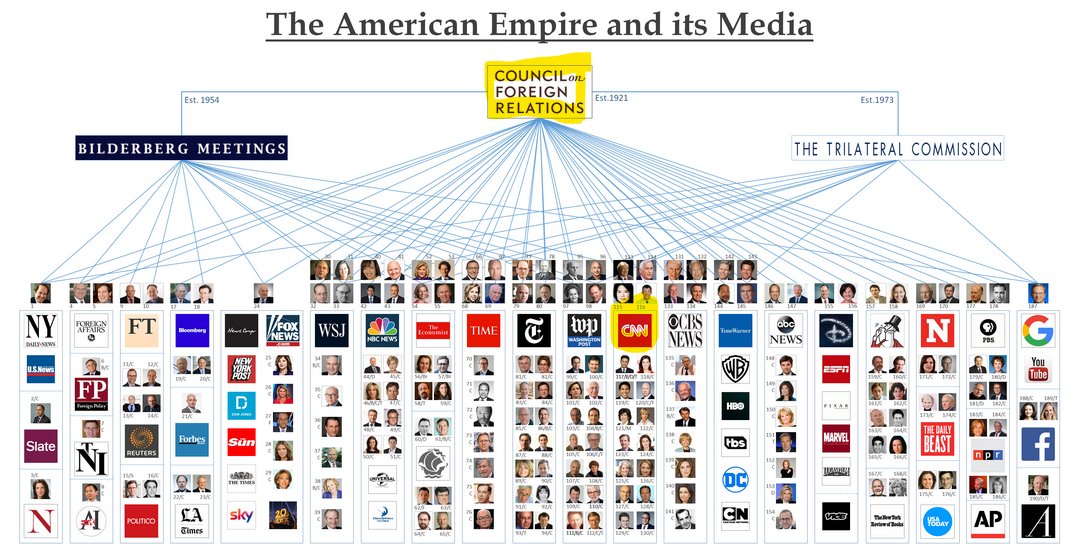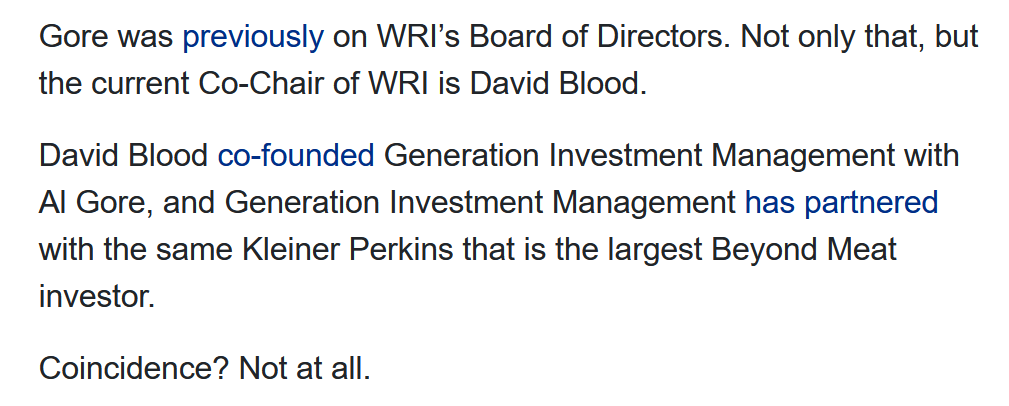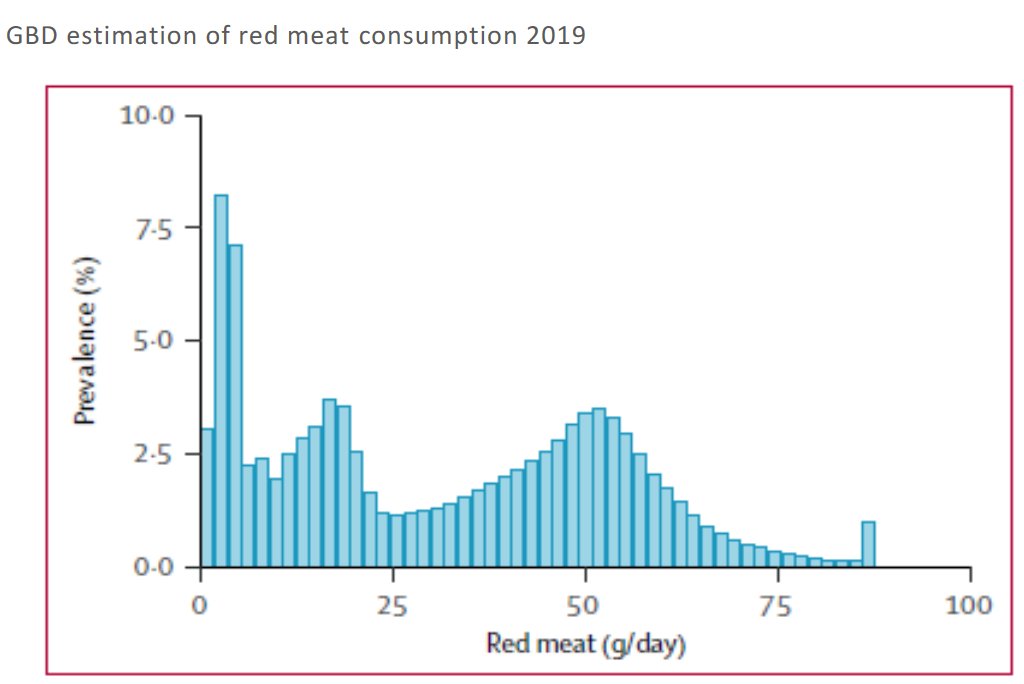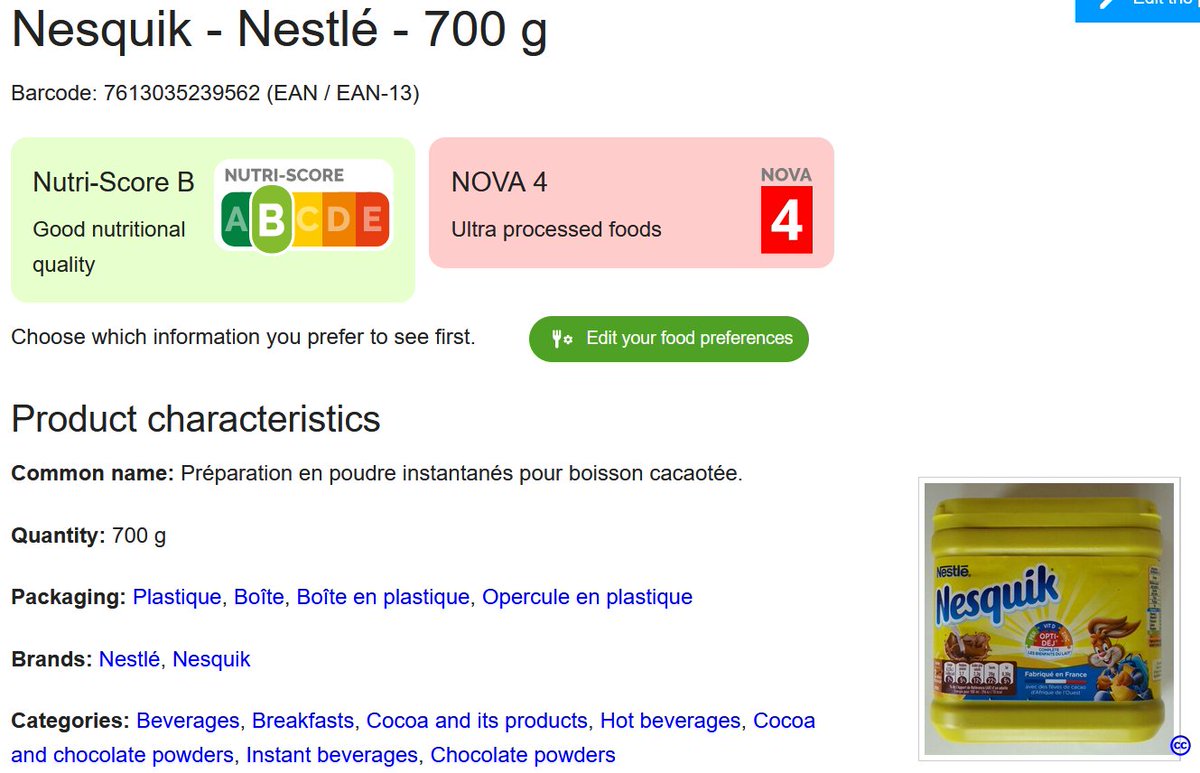
Propaganda chain @CNN praising the "wealthiest & smartest people in the world" - just for being the superelites they are, and for trying to put the rest of us on a diet of lab-grown imitation foods. 
https://twitter.com/CNN/status/1418556543436476416

But there's more: having in mind that CNN is taking marching orders from its CFR overlords, let's take a look at another key organization overseen by the CFR: the World Resources Institute.
swprs.org/the-american-e…
swprs.org/the-american-e…

The WRI, known for its interventionist anti-livestock agenda, has an interesting board of directors (note that Steer recently left WRI & now serves as the CEO of Bezos' Earth fund - definitely, birds of a feather...).
CFR & bankers, yes, but there's more...
CFR & bankers, yes, but there's more...

This is board member Figueres: also on the board of Impossible Foods, a leading faux meat producer, of which the founder is also shown in the CNN episode. businesswire.com/news/home/2021…
And here's WRI co-chair David Blood: linked to Beyond Meat, another faux meat giant (and so is former WRI board member Al Gore) cnsnews.com/commentary/mar… 

Remember that Figueres is the former Executive Secretary of the UN Framework Convention on Climate Change (UNFCCC). Also remember that UN Environment did this: unep.org/news-and-stori… Giving it's most prestigious environmental award to producers of fake hamburgers...
No surprise then that WRI has developed a strategy plan to steer us away from animal source foods, beef in particular: hide, tax, or ban meat - thread here 👇
https://twitter.com/fleroy1974/status/1320338823998525441?s=20
But for a real deep dive, read this: aleph-2020.blogspot.com/2020/08/ideolo…
Or watch this (CNN will not talk about these shady areas, that's for sure, even if it makes for a much better story):
• • •
Missing some Tweet in this thread? You can try to
force a refresh













